Why Information Security Matters: Protecting Your Business with ISO 27001
Why Information Security Matters: Protecting Your Business with ISO 27001 In today’s hyper-connected world, information is one of your organisation’s most valuable assets. Yet, for



